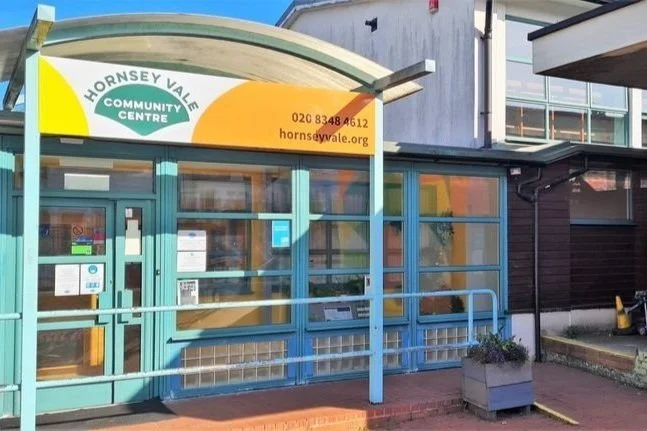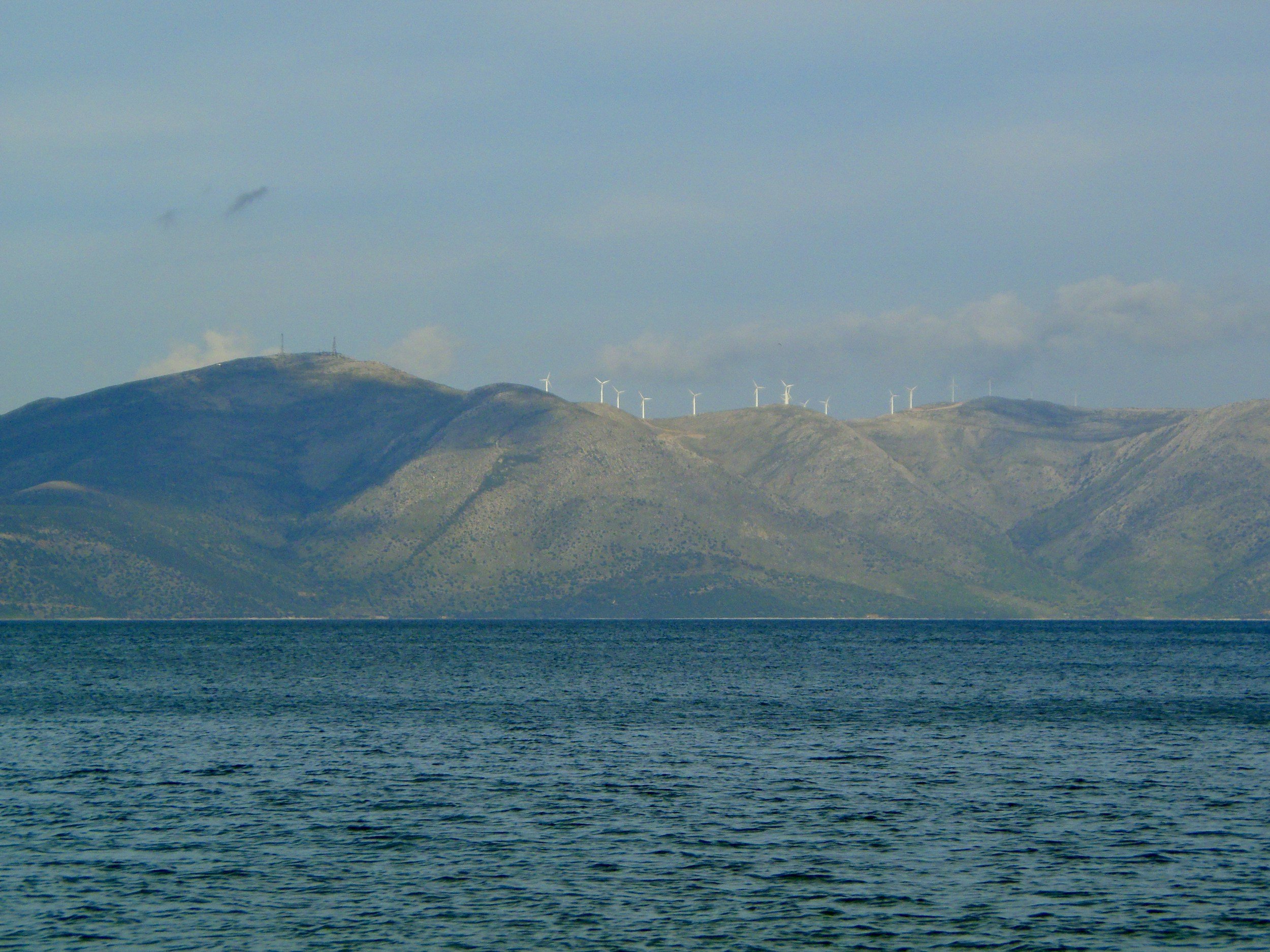Scene conducted technical and financial appraisals for low carbon heating and generation opportunities at Hardwick Estate, South Oxfordshire. The estate is currently transitioning from private ownership to charitable status, representing a unique opportunity to enact community-led energy development. An energy club concept is preferred - combining energy generation and heat solutions to supply estate electrical and heat demand.
Scene contributed energy modelling of a new housing co-operative at Lowfield Green, York, with phase 1 being completed in 2025. Scene contributed to the Community Energy Fund project to calculate the savings and appropriate capacity for a shared photovoltaic generation and battery energy storage system. Scene consulted with the community to assess occupancy and usage patterns before conducting detailed appliance and building thermal modelling used to evaluate different PV and BESS sizing scenarios. The modelling opened up several funding routes with the community progressing the project to the implementation stage.
Funded by the Community Energy Fund, Scene conducted a feasibility assessment investigating the viability of developing low carbon heating and electricity generation in Clanfield, West Oxfordshire. The study comprised detailed technical and financial appraisals, as well as a review of the funding options and legal structures best suited to help the community of Clanfield progress their preferred developments.
Scene undertook a Phase 1 Community Energy Fund study to establish the viability of a communal heat network across five Quaker-owned properties in Yealand Conyers, Lancashire. Due to the site's low energy demand, communal heat systems are not financially viable. A building-specific air-source heat pump alongside a ground solar array solution was recommended.
Scene investigated the options for a low carbon energy system in Crick, West Northamptonshire. This involved detailed technical and financial appraisals across technologies for heat, electricity, and efficiency. Scene recommended a community investment programme in non-domestic rooftop solar, and a supportive programme to increase domestic installation of domestic air source heat pumps, rooftop solar PV, and efficiency upgrades.
Scene led technical and financial appraisals for the development of a low carbon energy solution at Hornsey Community Centre, in North London. Building-specific solutions and local supply opportunities to a neighbouring housing trust and primary school were also considered. Following a programme of community engagement events, an investment case was provided.
Scene assessed the feasibility of integrating Battery Energy Storage Systems (BESS) at sites owned by East Riding and Yorkshire Council. This included the technical and financial viability of stand-alone BESS, co-located BESS and Solar, and an aggregated domestic virtual power plant. The commercial opportunities were assessed - including expected revenue from grid services - and recommendations made for optimised systems.
Scene delivered four online workshops on behalf of the North East and Yorkshire Net Zero Hub. Each workshop covered a key community energy theme and aimed to upskill participants and provide expert guidance on attendee project-specific queries. Attendees included members of community organisations, NEYNZH representatives and local authority representatives.
Scene conducted a feasibility study on installing a low carbon solar energy system on a landfill site in Neston, in collaboration with Neston Community Energy (NCE) and Cheshire West and Chester council. The study was funded by the Community Energy Fund and sought to define the benefit of energy generation solutions for the local community as well as assessing the financial prospects of the proposed development.
Holy Island Community Energy and Energy Efficiency Feasibility Study was a low carbon project run by Holy Island 2050 (HI2050). The project is part funded by the UK Government through the UK Shared Prosperity Fund and the North East Combined Authority Investment Fund with the North East Combined Authority as the Lead Authority. The study was undertaken by Scene between October 2024 – February 2025 to understand the feasibility of community-led and owned energy systems on Holy Island and supporting energy efficiency and low carbon electricity generation measures.
Selkirk Regeneration, a Scottish Charitable Incorporated Organisation (SCIO), commissioned Scene Connect Ltd (Scene) to assess the feasibility of ground-mount solar PV development on land held in Common Good on the edge of Selkirk in the Scottish Borders.
In 2023/24, Scene supported ONECarluke Area Network (ONECAN) COP 26 Response Group to conduct a baseline assessment of the Carluke area’s carbon footprint. The report is a comprehensive assessment of the carbon emissions associated with all of the area’s activities, across both the domestic and non-domestic arenas, and breaks down the emissions associated with all electricity, natural gas, heating sources, transportation, land use, and waste activities. The report directly informed a ONECAN Net Zero Strategy, which identifies feasible activities that can provide the greatest positive impact to Carluke’s overall carbon footprint, and on the most cost-effective basis.
Following a pre-feasibility assessment conducted in 2023, Scene support the Alt Housing Cooperative (AHC) to secure funding via the Community Energy Fund (Phase 2) from the UK Government. The funding supported detailed technical and financial analysis of low carbon heating, solar PV and retrofit solutions for AHC properties.
Scene was the technical lead for a Community Energy Fund (Stage 1) study exploring the feasibility and benefits of using solar canopies in car parks across the Three Rivers district to generate local, renewable electricity.
The Primrose Hill Heat Demonstrator feasibility study was funded by the UK Government Community Energy Fund and was delivered in partnership with Possible and Camden Council. The study sought to define a low carbon solutions for private and social housing properties in Primrose Hill, London, including low carbon heat network, solar generation and energy efficiency retrofit strategies.
CivTech has provided a springboard for Scene to develop its building energy modelling capability and combine this with Novoville's fully supported customer journey to develop a unique digital platform to increase the pace and scale we decarbonise our homes, which operates for individuals, communities and social landlords.
Hundreds of thousands of floor plans already exist for homes across Scotland, but these are typically only used for selling homes, and having served this purpose are of no more use. This project investigated the feasibility of repurposing these existing floor plans to support green heat plans. It explored and developed the most efficient way of sourcing and extracting 2 dimensional data and converting it into a 3D model of a building, and making this information accessible for those planning, detailing and costing green heat options for buildings.
From Autumn 2023, Scene has been an energy audit framework provider for Sheffield City Council, delivered as part of the UK Shared Prosperity Fund (UKSPF). As of Summer 2024, Scene has identified 1,223 MWh of potential energy savings. This represents an energy bill saving of over £200,000.
Scene is produced a Net Zero Action Plan for the Beech Hill Decarbonisation Committee. This project focused on the decarbonisation of heat and improving the energy efficiency of properties in the area.
In 2024, Scene developed a best practice guide to inform the newly established Lanarkshire Climate Action Hub on how it can take actions to help improve the energy efficiency of homes in the area. Scene's reporting provided a strategic route map for the Hub, designed for the specific needs of communities across Lanarkshire and drawing together the experience and skills of local organisations.





















